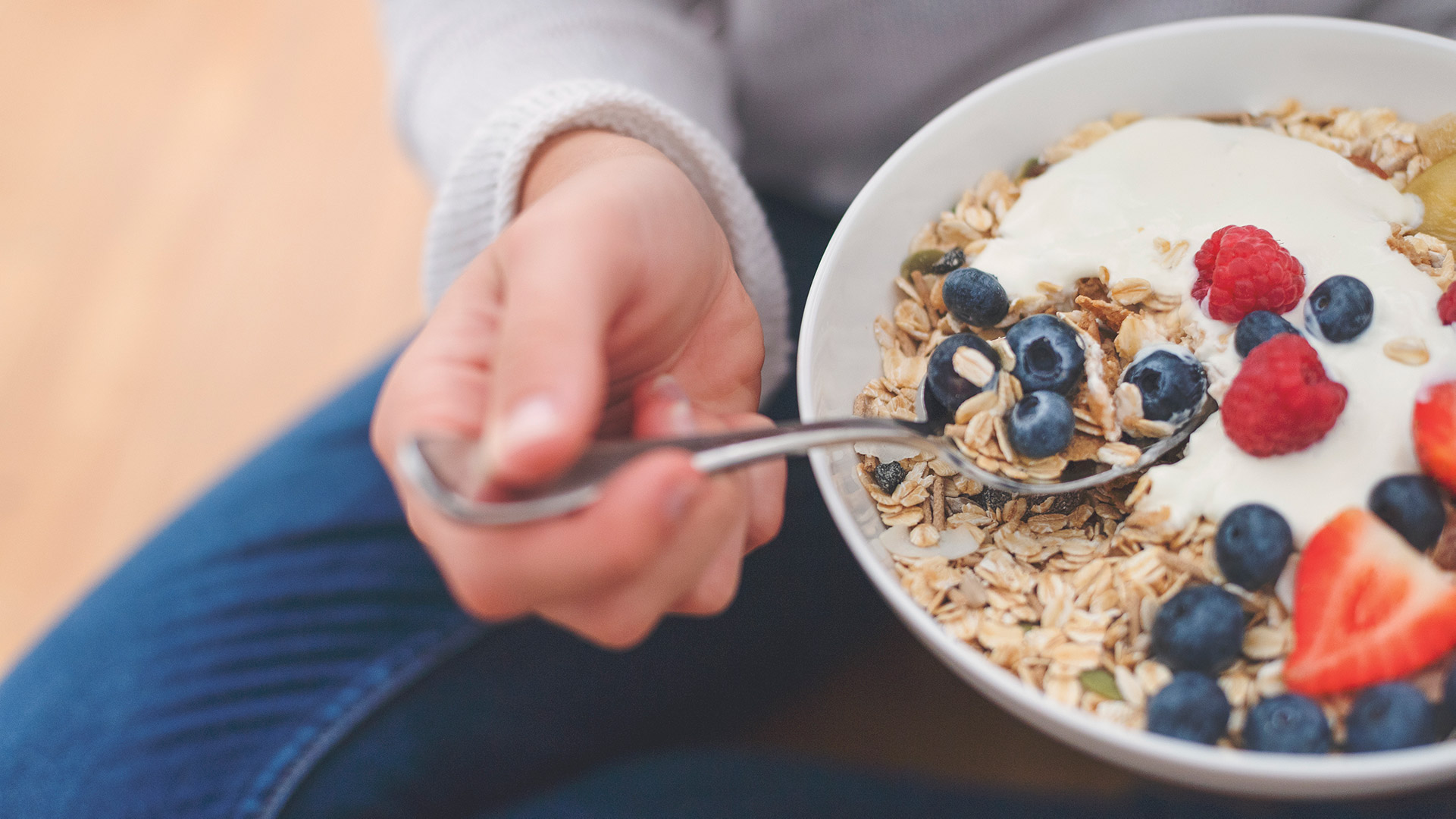
Ever turned to comfort food like lollies and biscuits when you’re having a bad day? The sugar high kicks in, but then you crash soon after and you’re back to having a bad day again. New research is showing that our mental health can be strongly influenced by the quality of our diet.
This research shows how the food we eat impacts the diverse colonies of bacteria (microbiota) that reside in our digestive systems. Healthy gut microbes may positively influence higher functioning processes like mood and memory. This gives a whole new meaning to “trusting your gut”.
Gut and mental health: what’s the link?
There are 38 trillion reasons to love your gut . . . that’s the number of bacteria residing in our digestive system. Incredibly, we contain more bacteria cells than human cells! But imbalances in these bacteria have been linked to chronic health issues such as obesity, autoimmune disorders, asthma, allergies and diabetes.
Definite links have been found between depression, anxiety and mood disorders, and an out-of-kilter digestive system. So nourishing our gut may go some way to boosting both our physiological and mental health.
Further, there is a direct communication line between our gut and our central nervous system, commonly referred to as the “gut-brain axis”. The feeling of butterflies in the tummy is related to this connection. So it seems that a happy gut may also mean a happy brain.
How does food affect mental health?
Results from the PREDIMED study show that the adoption of a Mediterranean diet not only reduces the risk of cardiovascular disease, but also reduces the occurrence of depressive symptoms. The Mediterranean diet largely consists of fresh fruit and vegetables, extra virgin olive oil, legumes, nuts and seeds, and, of course, wholegrains.
There is still some way to go before we understand the full potential of gut microbes and how we can support them to improve both our mood and our mental health. In the meantime, boosting your mental health might just be a bowl of healthy cereal away!
Gut-loving grains
Goodness of grains. Wholegrains are packed full of nutrients like B vitamins, iron, folate, protein, low-GI carbs and fibre. Wholegrains have been shown to protect our hearts and reduce our risk of developing diabetes and cancer.
Filling fibre. Meeting our wholegrain intake (48g/day) can help nourish the diverse range of bugs that reside in our gut. The prebiotic fibre in these grains acts as fodder for the bacteria to grow and thrive.
What’s in a serve? Adults and kids should aim for between four and six serves of grain foods a day, at least two-thirds of which are wholegrain or high cereal fibre; eg, a slice of wholegrain bread or two wholegrain breakfast cereal biscuits.
Article courtesy of Sanitarium Health Food Company. Visit sanitarium.com.au or sanitarium.co.nz and subscribe to Wholicious living for more great health and nutrition info each month.






